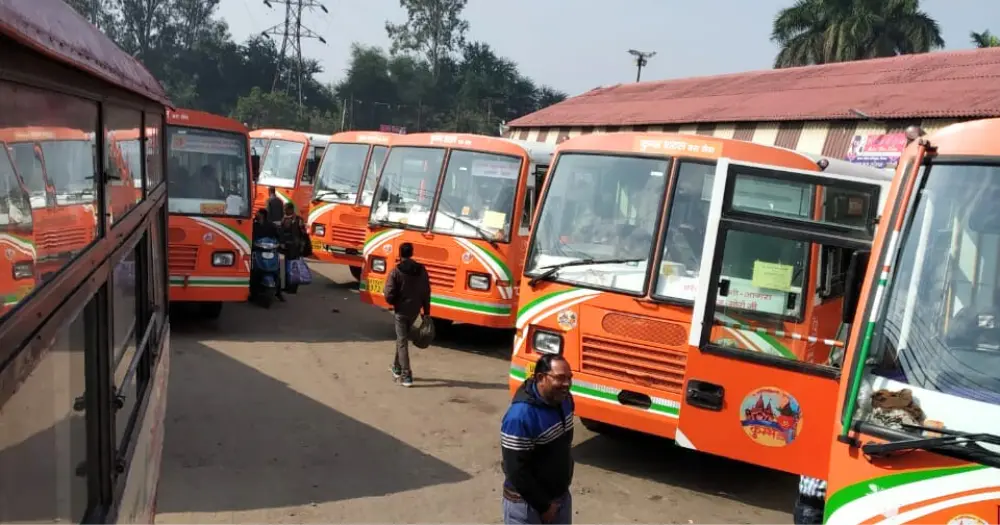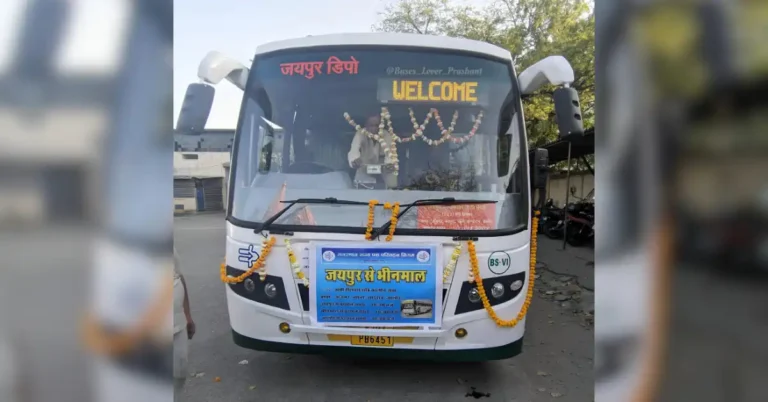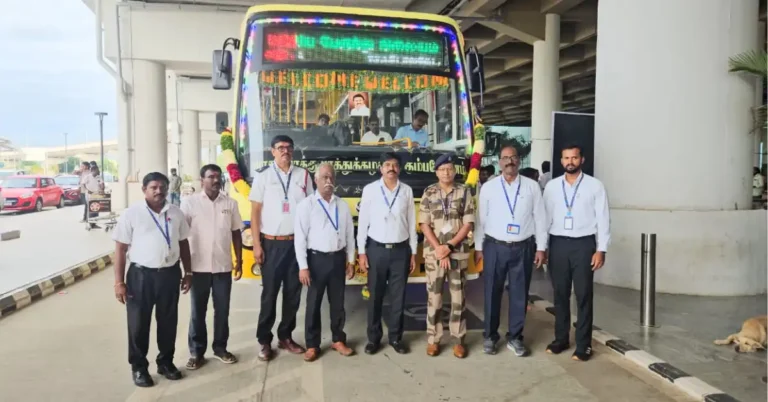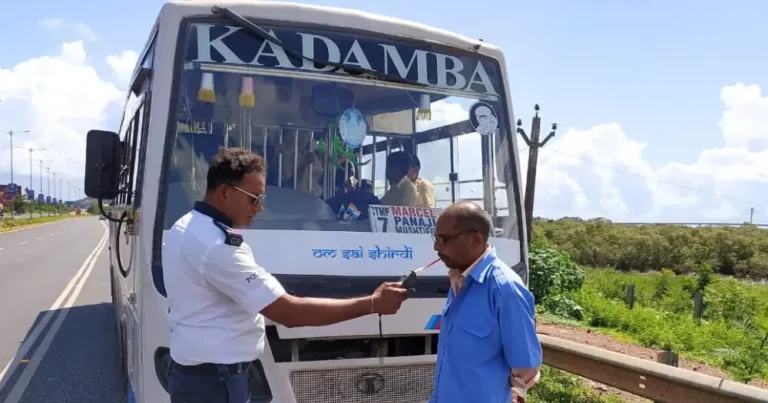Noida Will Ban Older Diesel Buses After UPPCB Order
In line with an order from UPPBC, Noida will ban older diesel buses that are BS III & BS IV compliant. Once the order is passed, only BS VI diesel buses will be able to operate.

Noida traffic police announced that they will also restrict such buses from entering Noida, Uttar Pradesh, once they receive an order from the Uttar Pradesh Pollution Control Board (UPPCB).
Starting November 1, Delhi has barred the entry of old diesel buses that don’t meet BS VI emission norms from neighboring cities in the National Capital Region (NCR).
The UPPCB stated that only BS VI-standard buses will be permitted to operate in the NCR, aligning with the Supreme Court’s request for air pollution control measures.
Noida Will Ban Older Diesel Buses in line with a Commission for Air Quality Management (CAQM) order from July, aiming to phase out buses below the BS VI standard in Delhi-NCR. Essentially, only CNG, electric, and BS VI buses will be allowed in the region.
Noida has identified four entry points, including the Chilla border, Delhi Noida Direct (DND) border, Jewar toll plaza, and National Highway (NH) 91, where most buses enter the city. The Noida traffic police will collaborate with other departments to prepare and implement a plan in compliance with the UPPCB’s mandate.
DCP Anil Kumar Yadav was quoted saying by the HT, “Once we receive an order from UPPCB, we will deploy police force on the borders of Noida to restrict the entry of those buses that don’t meet the criteria.”
Delhi has already enforced BS-VI diesel norms and apprehended 69 non-compliant diesel buses on Wednesday. They have deployed 18 teams at Interstate Bus Terminals (ISBTs) and state borders to enforce the ban.
In addition, Noida police have been penalizing vehicle owners who violate Graded Action Response Plan (Grap) guidelines, targeting vehicles older than 15 years for petrol and 10 years for diesel. Since January 1, over 21,000 vehicles have been penalized for not following Grap stage 1 guidelines.
DCP Yadav provided statistics, saying, “From January 1 to October 16, 15,978 vehicles, including 190 ten-year-old diesel vehicles, 595 15-year-old petrol vehicles, 7,321 vehicles with expired pollution certificates, and 7872 without fitness certificates, were penalized.”
Catch the latest Bus Industry updates, Exclusive Interviews, Bus News, and International Bus News on Coach Builders India. Download the latest issue of the The Bus Insider magazine for more insights.







